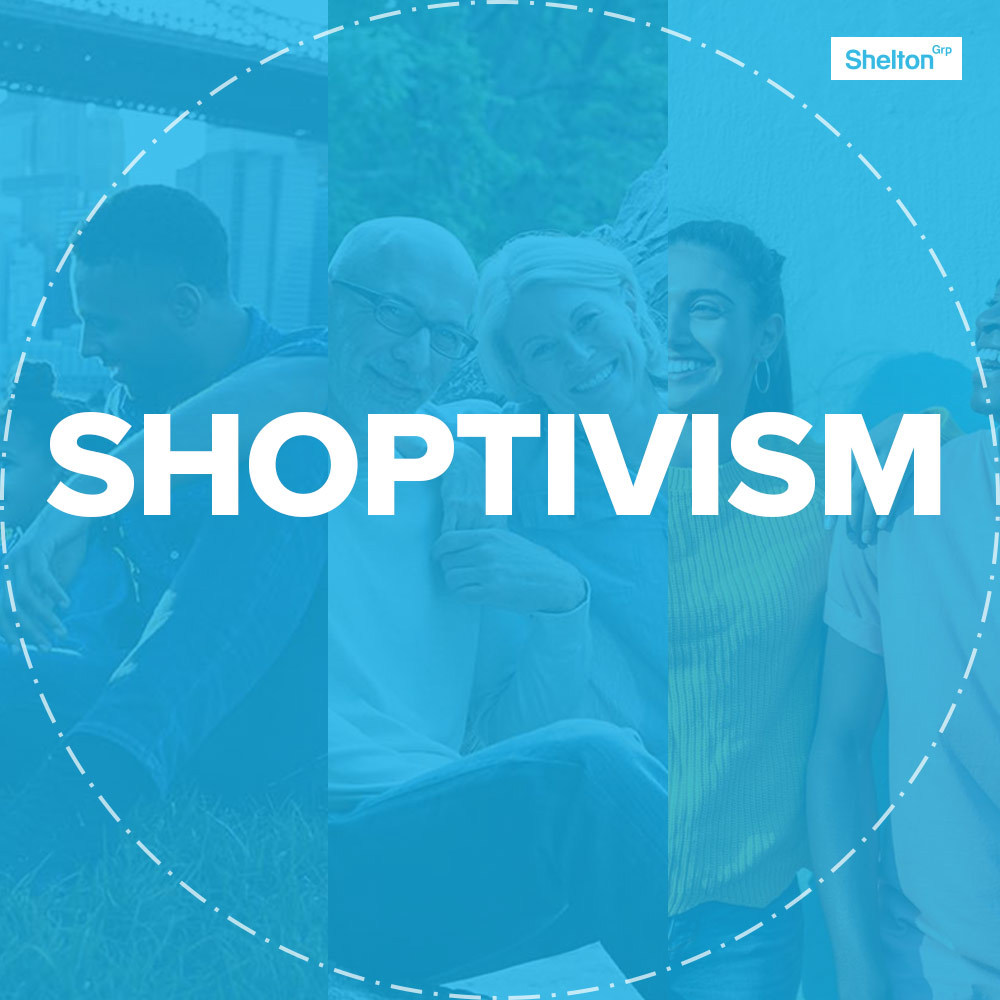Beware of enlightenment
Shelton Stat of the Week
72% of Americans now believe their home’s health is directly tied to their personal health; with Latino Americans being more aware of that connection than White/Caucasian Americans (83% of Hispanics say they believe their home’s health is directly related to their personal health vs. 69% of White/Caucasians and 73% of Blacks).
—Energy Pulse®, 2021
I serve on the board of ACEEE, and just attended the opening keynote of this year’s bi-annual Summer Study on Energy Efficiency in Buildings. That keynote was delivered by Sarah Susanka of Not So Big House fame (she’s written several books which have sold, in total, over a million copies.)
I found her talk inspiring. She spoke about realizing in the ‘80s that what people often asked for in a home – Bigger! With a formal living room and dining room! – often wasn’t what people actually wanted. They were asking for what they thought would be necessary for resale value, even if said formal living room and dining room would never get used. She talked about working with clients to see that they could have a better house – better materials, better efficiency, better use of space – that reflected the way they actually lived and supported well-being. She built a name for herself and attracted clients who wanted that approach, and she started writing about it and selling lots of books.
In her keynote, Susanka talked about defining spaces by varying ceiling heights, pointing out that this was a trick Frank Lloyd Wright used often, which makes a house feel bigger even when it’s on the small side. She also talked about the importance of designing beautiful houses for sustainability. In other words, by building a house with better materials and higher efficiency, it can last longer…but nobody will want to preserve and care for it if it’s ugly.
What was super interesting, though, were the questions and comments Susanka received. Particularly one from a young woman of color who said, with just the slightest hint of irritation, “I haven’t read your books and I don’t know about the other architect you talked about” – (she meant Frank Lloyd Wright) – “but my grandfather built small houses in Mexico like what you’re talking about, but it was out of necessity.” What I interpreted her to say was, “I don’t get why some highbrow white lady is taking credit for an approach I’ve seen all my life.” Again, not what she said, but what I interpreted.
This is something for all of us to watch out for, including me. I DO think we True Believers in the sustainability space can come off like we’re the ones who discovered, for instance, that using less is a better way to live. And then we can be quite self-congratulatory about our sacrifices. One of my favorite campaigns of all time in the sustainability space, Follow the Frog, pokes great fun at this.
So, the first take-away is: honor the ideas and the perpetuators of those ideas that came before you and give credit where it’s due as you communicate your sustainability story.
The second takeaway, though, is about people. We hear a lot these days about environmental justice. And Shelton Group’s insights bear out that people in America expect companies to take care of people (particularly employees) first, if they want to be considered good companies. Yet sustainable everyday products, greener homes and low emissions vehicles remain out of reach for most Americans, and that includes the very same people most negatively impacted by emissions and pollutants from the factories making more sustainable goods and, of course, by climate change.
As more and more companies follow the same roadmap to get in compliance with Wall Street expectations – commitments to carbon neutrality by 2050, signing up for Science Based Targets, going Zero Waste to Landfill, and working on reducing water and energy consumption – the companies that win will be the ones that lean hard into social commitments. It won’t be enough to have your environmental house in order; you’ll need to have your social impact house in order, too – and that includes making sustainability and well-being accessible for all and giving credit where it’s due. Or else your company risks getting a reaction like the one I heard from the audience this week.

City of Austin improves resilience and community health through landscape development in parks and green spaces
— City of Austin
A great example of incorporating sustainability into social spaces is the City of Austin’s adoption of a Green Building Policy Resolution and their Sustainable SITES Initiative. This City of Austin press release goes into detail about how a local government can create sustainable, healthy spaces for every community through dedicated policy.

— Reuters
The world as a whole has the technology to help all its pieces make sustainable advancements. It’s up to the world to help itself by sharing that technology widely. This Reuters opinion piece specifically details the impacts of poor cooling infrastructure across the globe and how that infrastructure could be improved sustainably.
Shoptivism: Why Consumers (& Job Seekers) Opt In & Out of Today’s Brands
Every year we ask Americans if they’ve ever intentionally purchased or not purchased a product or service based on the social or environmental record of the manufacturer. We then ask everyone who says “yes” to name the brand. Those who say “yes” and can give an example of a brand unaided? We call them shoptivists.
But who are these “shoptivists?”
Our latest report answers this question with three distinct consumer profiles, including details on their mental models, their shopping patterns, the messages that resonate, and where to find them.


-
-
TAGS:Built Environment, Efficiency & Conservation, Environmental Issues